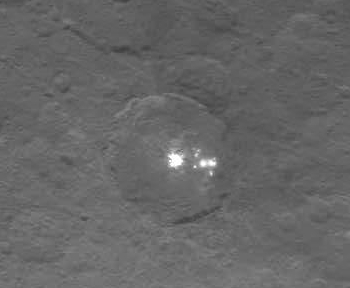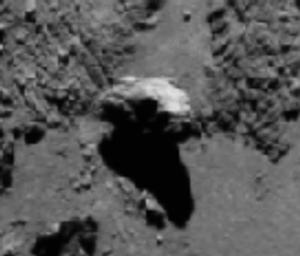Another Dragon returns home
With a safe splashdown today, SpaceX completed another successful Dragon cargo mission to ISS.
The next Dragon cargo flight is scheduled for June 26, when SpaceX will once again try to land the Falcon 9 first stage vertically.
With a safe splashdown today, SpaceX completed another successful Dragon cargo mission to ISS.
The next Dragon cargo flight is scheduled for June 26, when SpaceX will once again try to land the Falcon 9 first stage vertically.





